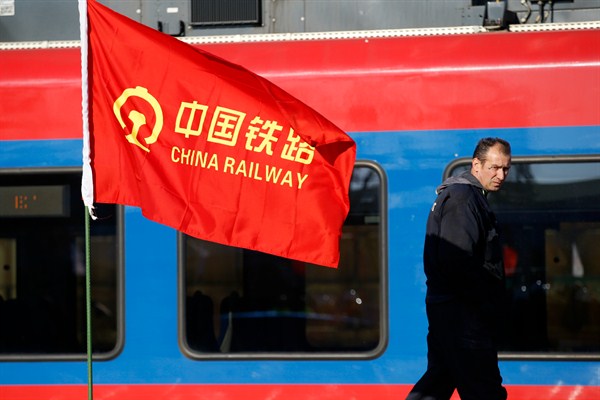BELGRADE, Serbia—Is China building a Trojan horse in a divided Europe? The diplomatic initiative between China and 16 countries in Central and Eastern Europe, known as the 16+1, has become more controversial since its launch in 2012 at a summit in Poland. Critics worry that it may undermine the European Union’s unified approach to Beijing, weaken transparency in economic and diplomatic engagement, and give a secretive regime with an increasingly muscular foreign policy a foothold in Europe.
The 16 European countries are all ex-communist states, and all but five are EU members. In January, Hans Dietmar Schweisgut, the EU’s ambassador to China, said that “all know what being a member of the European Union means and implies.” This was seen as a shot across their bows. Concerns about the impact of the 16+1 on the EU as a whole come in the context of growing differences between “core” EU member states, and the organization’s executive arm in Brussels, and some member states outside of Western Europe, most notably Hungary and Poland.
After the 16+1 summit in Budapest in November, an EU diplomat told the Financial Times that the meeting was the source of “a great deal of suspicion not only in Brussels but also in the capitals of many member states.”

